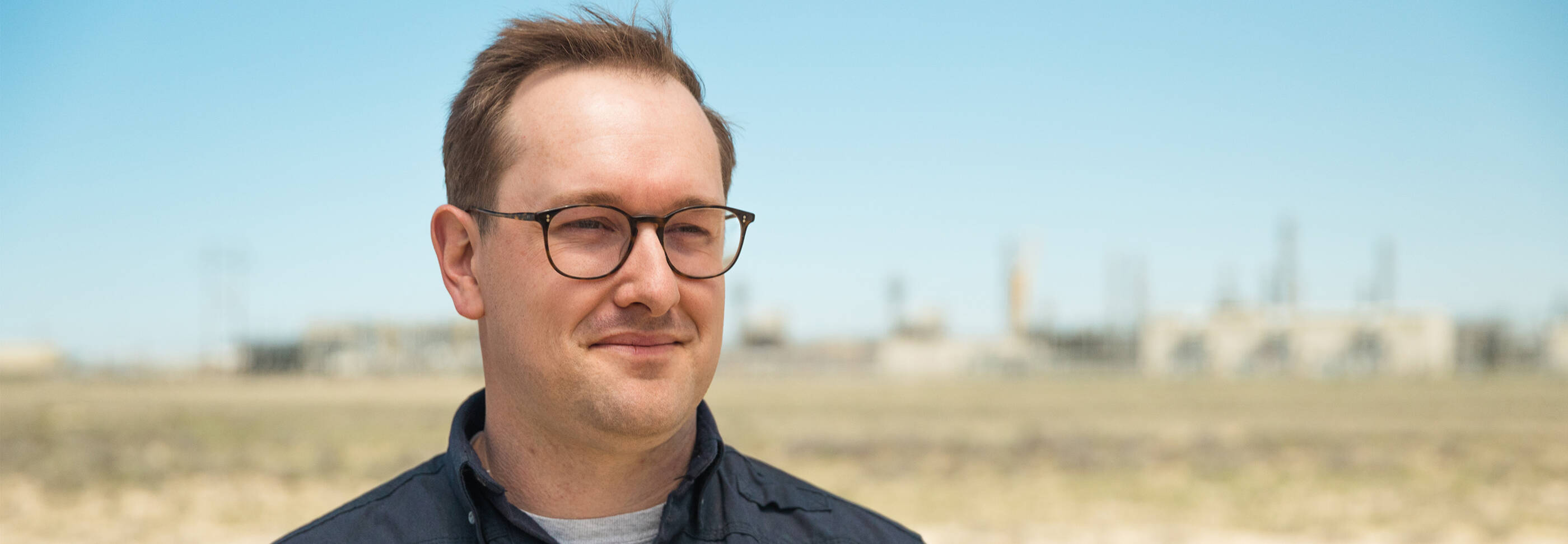selected item
Matt McQueen, Wyoming Asset Manager
Matt McQueen is ExxonMobil’s asset manager for Wyoming, a role that puts him in charge of the day-to-day workings of the entire LaBarge operation. The site produces natural gas, supplies 20% of the world’s helium supply and has captured more carbon dioxide emissions than any other industrial facility in the world to date.
A trained mechanical engineer with an MBA in finance, Matt began his career in ExxonMobil’s Upstream business, supervising an engineering team advising on offshore drilling locations.
Today, his leadership at LaBarge gives him an important role to play in the energy industry’s present and unique opportunity to help shape its future.
Matt spoke with Energy Factor about what makes LaBarge and its people special, as well as its role in the energy transition.
Explore more
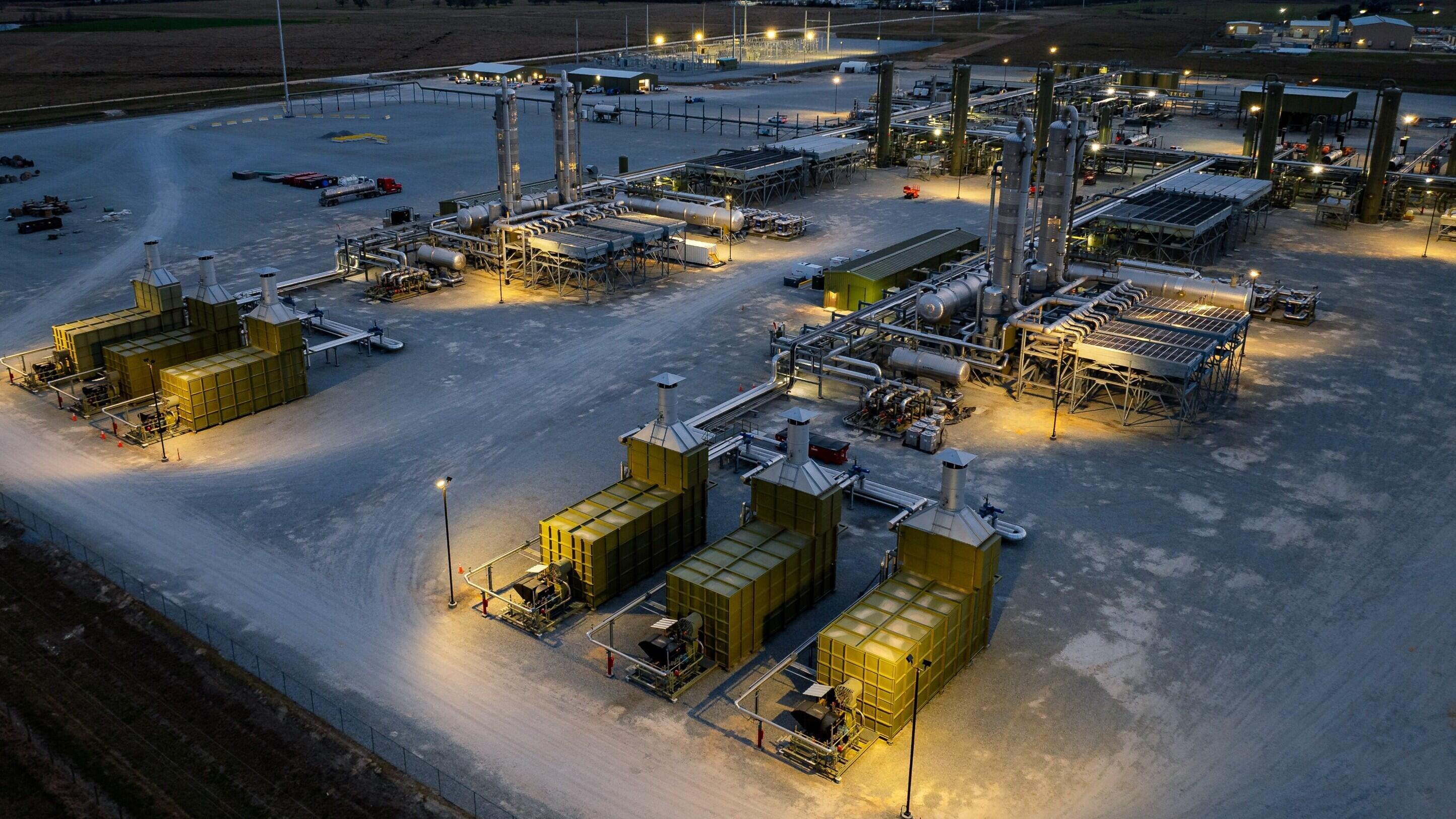
Expanding our CCS operations in Louisiana with another project startup
- We are now transporting and storing captured CO2 from the New Generation Gas Gathering (NG3) project in Gillis, Louisiana.
- NG3 is our second active commercial carbon capture and storage (CCS) operation in Louisiana.
- CCS application differentiates Louisiana’s core industries, including LNG, and provides a low-carbon energy solution for data centers and more.
2 min read
•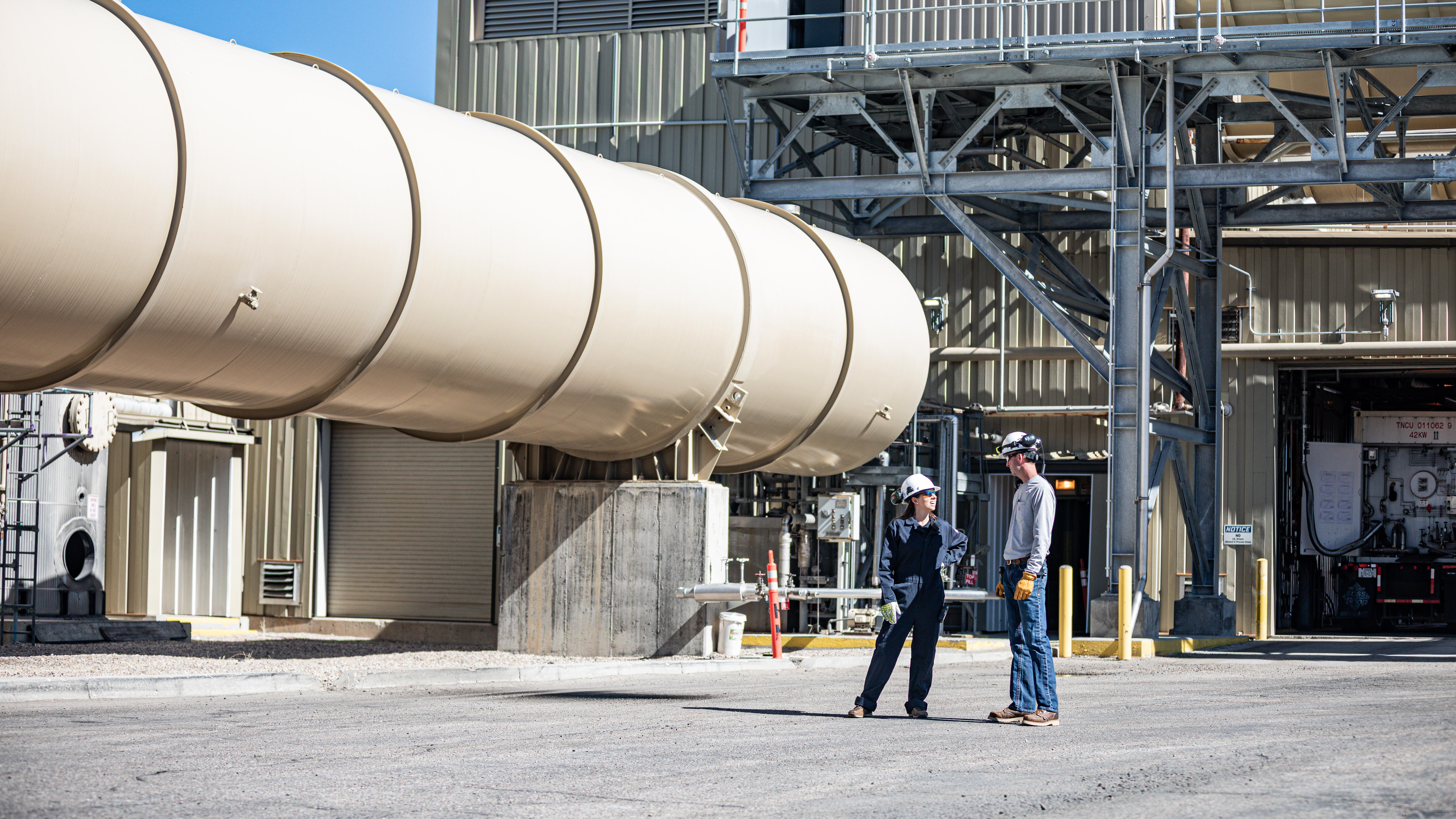
2025: Taking carbon capture and storage from momentum to impact
- We started up our first commercial CCS operation in 2025 with CF Industries in Louisiana.
- Our CCS portfolio spans multiple industries, with three projects expected to come online in 2026.
- We are targeting a final investment decision on our first Low Carbon Data Center by late this year.
2 min read
•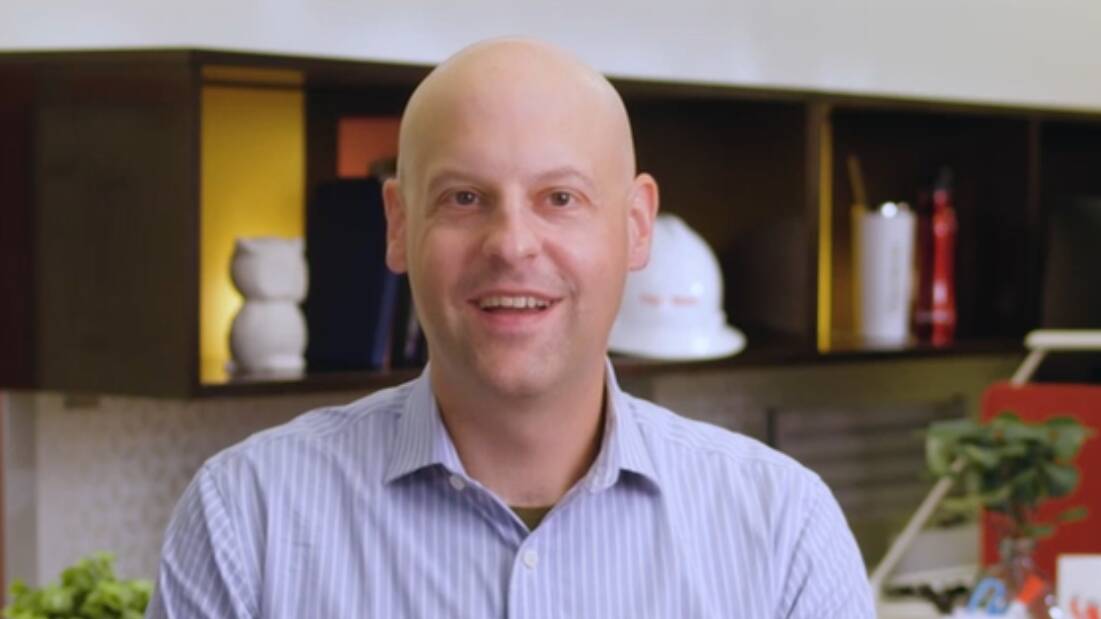
Capture it. Move it. Store it: Three steps for reducing CO2 emissions
- Want to learn more about carbon capture and storage (CCS)?
- Clay, Mark and Elizabeth are here to help in a video series.
- They explain how CCS works, why it matters and what makes it safe.
2 min read
•
How we’re capturing carbon and storing it safely
- In a new video, our Kathleen Ash explains how we’re keeping carbon capture and storage (CCS) safe.
- We have robust systems to safely transport and store captured CO2 emissions.
- We’re committed to protecting the safety of communities in which we operate.
2 min read
•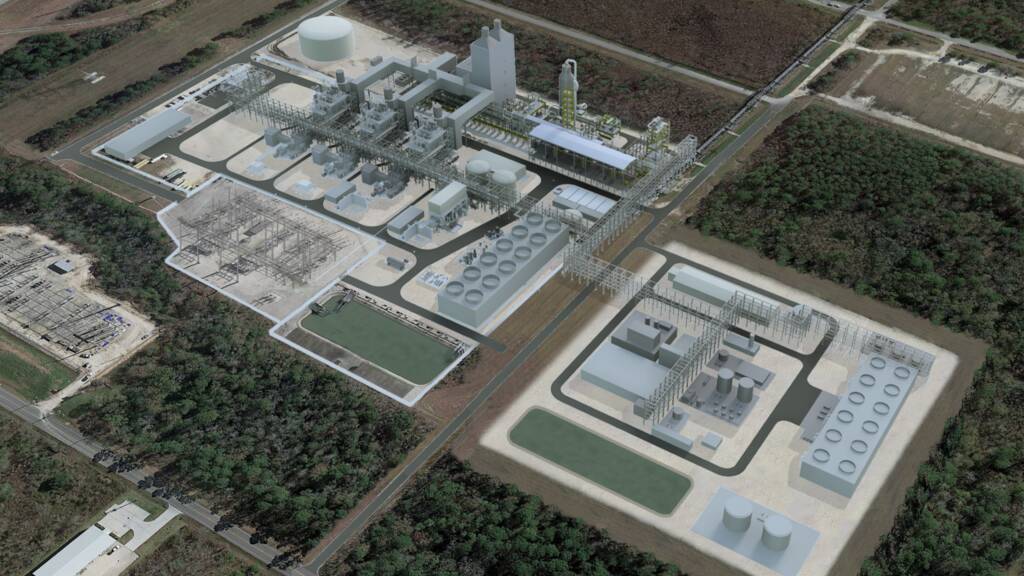
Calpine, ExxonMobil sign CO2 transportation and storage agreement for power generation project
- ExxonMobil to transport and store up to 2 million metric tons per year of CO2 from Calpine’s natural gas power generation facility.
- Calpine plans to produce ~500 megawatts of reliable low-carbon electricity, enough to power more than 500,000 homes.
- Project expected to bolster U.S. energy, strengthen industry competitiveness, and create jobs.
2 min read
•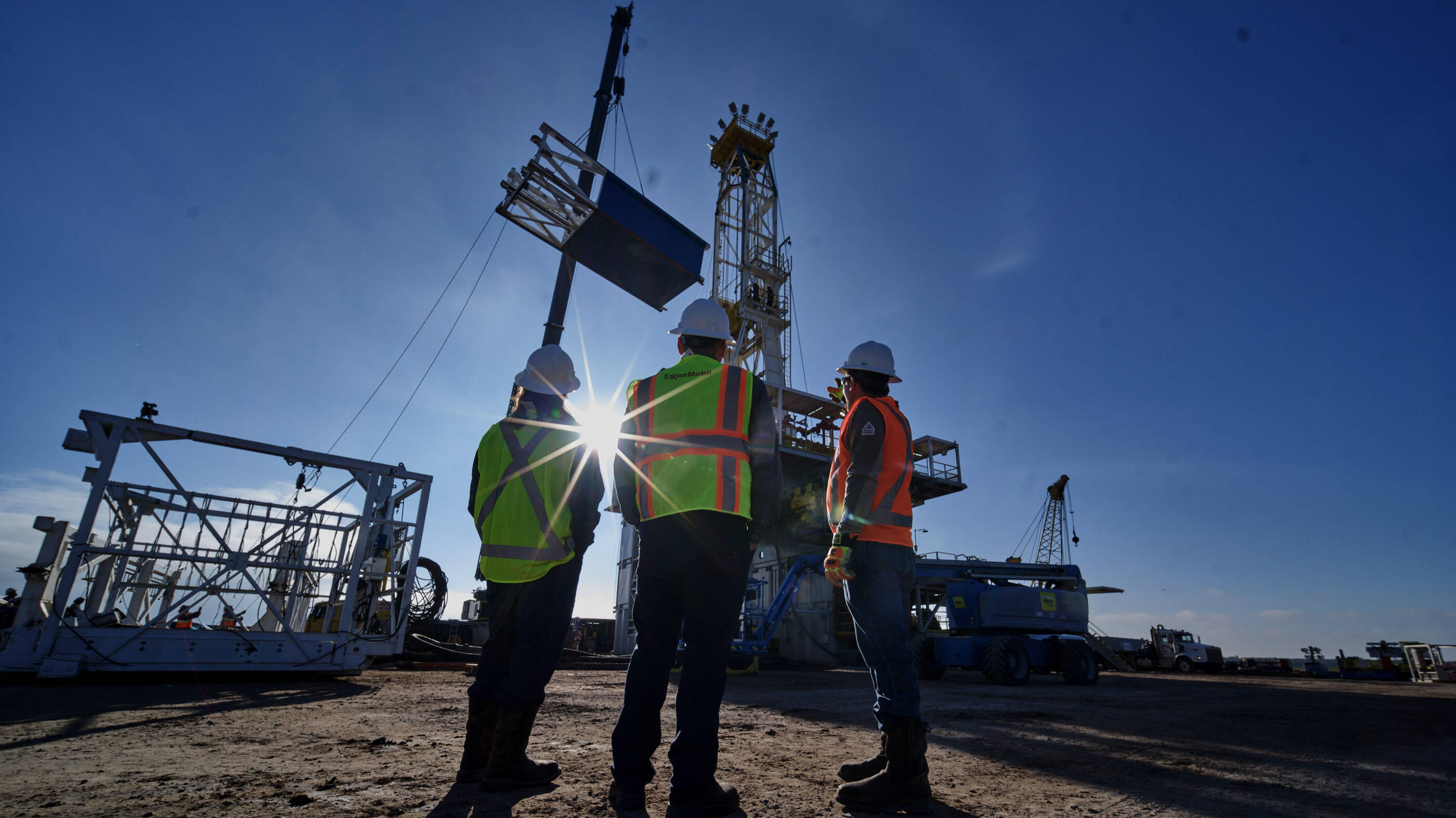
2024: A breakout year for our carbon capture and storage business
- We’re leading the creation of a new industry.
- 2024 was a big year for our CCS business.
- More milestones are ahead in 2025.
3 min read
•